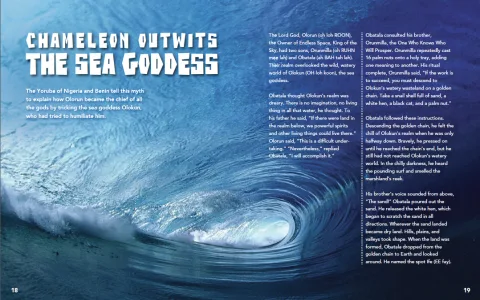Getting Started With Shakespeare
Honestly, Shakespeare scared me forever. Felt like decoding alien messages whenever I tried reading the plays. All that old-timey language? Total headache. I saw this “Romeo and Juliet Play Guide How To Understand Shakespeare Tragedy Fast And Simple” title floating around and thought, “Yeah right, simple my foot.” But figured I’d try cracking it.
The Painful First Try
Decided to just jump straight into the original text. Cracked open the dusty book version I’ve had sitting around. Got maybe three pages in. My eyes started glazing over fast. Words like “wherefore” meaning “why” and “thou” this and “thee” that… felt like drowning in alphabet soup. Barely understood who was arguing in that opening scene. Gave up after ten minutes, totally defeated. Figured I needed a movie instead.
Watched the old black and white version. Big mistake. People talked way too formally. Found myself checking my phone after the party scene. Didn’t connect at all. Then tried the modern Leo DiCaprio one. Swords turned to guns, Verona became Miami Beach? Okay, weird, but kinda cool. Followed the plot better visually, but honestly? Still got lost in the weird mashup of Shakespeare’s words with modern stuff. Felt confused about why Mercutio died screaming about plagues, and what that Queen Mab speech was about. Messy.
Finding My Simple Shortcut
Almost gave up. Figured Shakespeare just wasn’t for me. But then I stumbled on the main trick everyone seemed to agree on in that guide: Stop obsessing over every word. Seriously. Don’t translate line by line. Instead:

- Grab a modern translation summary first. Read a quick rundown of the scene’s main points. What’s actually happening? Who wants what?
- Then, read/watch that scene. Knowing the gist lets your brain relax. Instead of freaking out over “hie thee hither,” you notice, “Oh, she’s just telling him to hurry up.”
- Focus ONLY on the characters’ big feelings and goals right then. Is Romeo whining about Rosaline? Or mooning over Juliet? Does Tybalt just wanna fight everything? Forget the fancy poetry, just track why they are freaking out.
- Watch good actors! Found a filmed stage version. Seeing actors actually do something with the lines – frown, yell, whisper, die badly – suddenly made the words click with the meaning.
Putting It Into Practice
Picked the famous balcony scene. Instead of starting cold, I quickly read: “Juliet on her balcony, doesn’t know Romeo’s listening, talks about her feelings, he reveals himself, they declare love.” Okay, simple enough baseline.
Then, listened to it while following along with the original text. Knowing the basic actions, it clicked fast. Juliet saying “Wherefore art thou Romeo?” wasn’t some deep mystery; with the summary, it was super clear – she’s asking why the guy she likes has to be from the family hers hates. Romeo popping up? Kinda dorky and brave. Suddenly, the “light in yonder window” and “deny thy father” stuff made sense emotionally, even if the words were old-fashioned. They were just two impulsive kids obsessed with each other.
Did the same for Mercutio’s death. Summary said: “Mercutio jokes around, gets stabbed by Tybalt while Romeo tries to stop the fight, dies cursing both families.” Then watched it. Knowing he was mortally wounded yet still cracking jokes (“Ask for me tomorrow, you shall find me a grave man”) hit different. I got the anger mixed with humor, the wasted life. Didn’t need a PhD in Elizabethan insults.
What Actually Works
Turns out the “Fast and Simple” method comes down to brutal focus:
- Use a cheat sheet. Know the scene’s basic action before diving in. Modern summaries are your best friend. Don’t be proud.
- Follow the energy. Watch or listen. See what the characters are doing and feeling. Their yelling, fighting, loving – that’s the story.
- Ignore the weird words. Seriously. If you get the main action (“They’re fighting,” “He’s confessing love,” “She’s faking death”), you understand 90% of what matters. The fancy phrases are just flavor.
- Embrace the drama! It’s gossip, family feuds, stupid kids making worse decisions – just dressed up fancy. Treat it like messy reality TV from 400 years ago.
Do this, scene by scene, and you suddenly realize you’re following along. You aren’t “reading Shakespeare” like some scholar; you’re just following a wild, tragic soap opera. Romeo and Juliet stopped being homework and became a story about how fast stupid young love can blow up in your face. That part, anybody can get. Skip the dictionary, grab a summary, watch the actors emote, and go with it. Works way better than trying to be smart.










